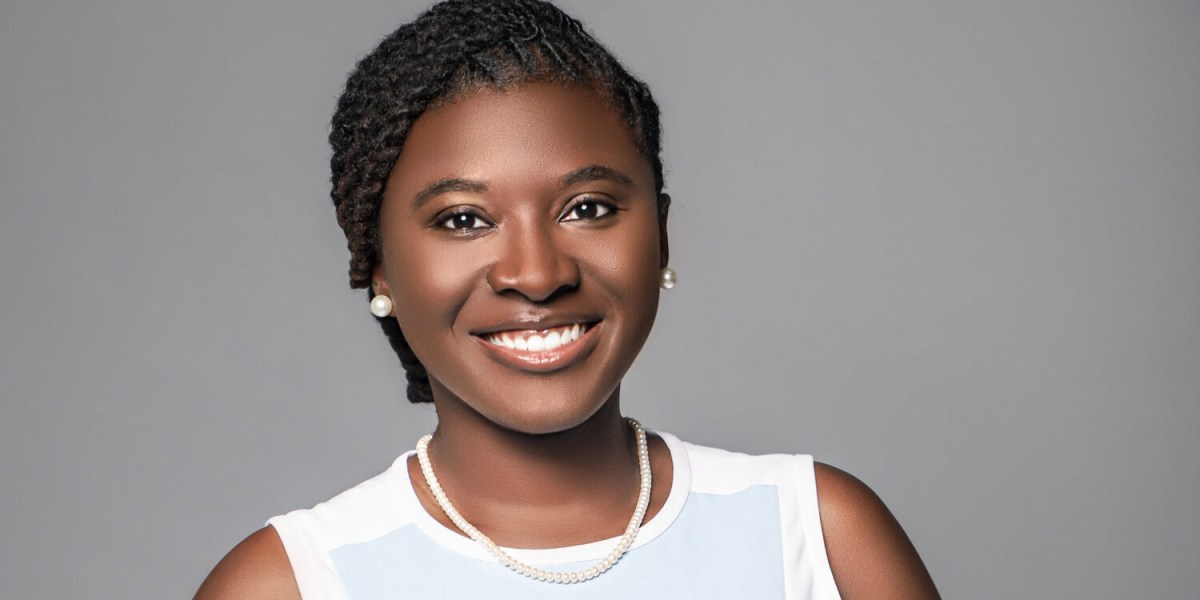
Career trajectory: “I grew up with a green thumb and was always looking to work at the intersection of science and policymaking,” says Brown. A master’s in environmental science from Johns Hopkins University and, later, work with the National Oceanic and Atmospheric Administration and the climate conservation unit of Broward County, Florida, helped her become a true “social environmental scientist.”
Engaging frontline communities: A lot of the communities Brown works with are wary about the implications of climate change. “We are trying to work with people that have been historically exploited and neglected,” she says. “A successful program means creating opportunities for them so they have a say in decision-making. Just throwing a few workshops isn’t enough.”
She adds, “People need real-life, grassroots solutions to get them out of their current situation. All we are offering them is data, science, and jargon right now. This has to change.”
But that change requires an equitable and inclusive approach informed by data. To identify groups that are good candidates for specific programs, Brown supplements official poverty figures with information on socioeconomic factors like historical disenfranchisement, cost of living, ethnicity, disease burden, and physical disability. This is part of the strategy, she says, for delivering “a cleaner future to everyone.”
